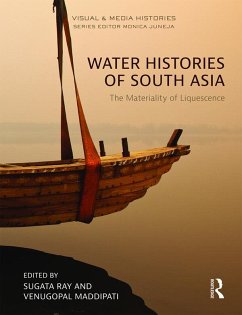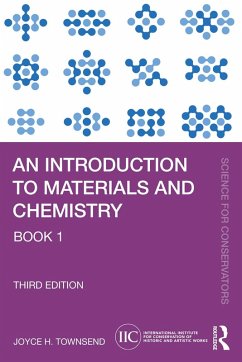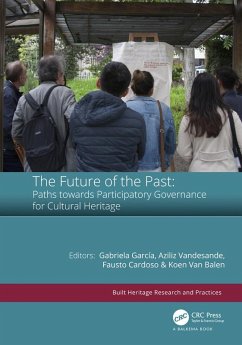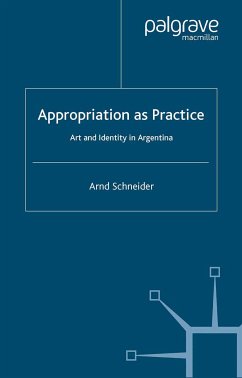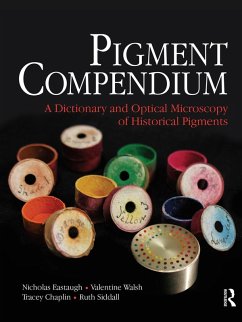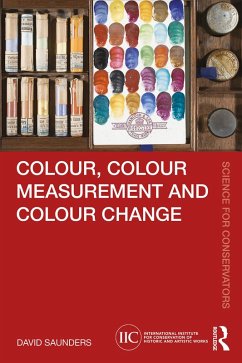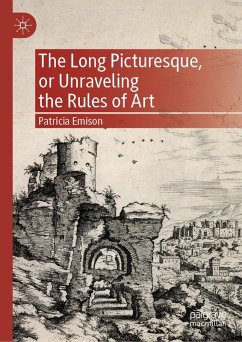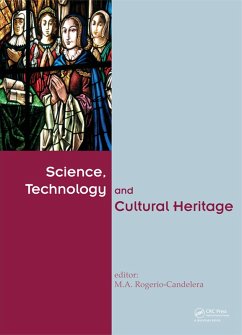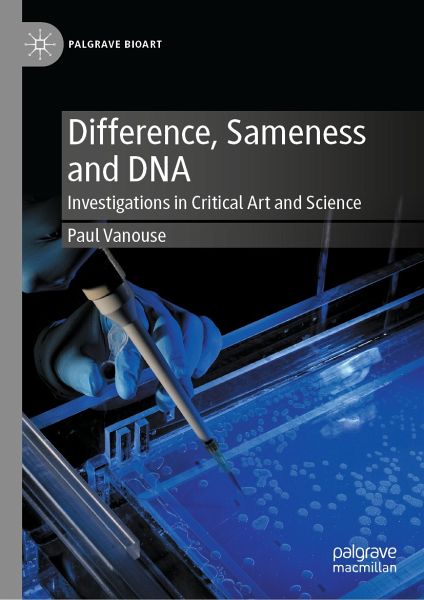
Difference, Sameness and DNA (eBook, PDF)
Investigations in Critical Art and Science
Versandkostenfrei!
Sofort per Download lieferbar
32,95 €
inkl. MwSt.
Weitere Ausgaben:

PAYBACK Punkte
16 °P sammeln!
This book chronicles over two decades of critical, artistic investigations by Paul Vanouse. His bio-media artwork utilizes the tools of the life sciences reflexively, to challenge tropes and cultural politics surrounding DNA, biotechnology, and life itself. DNA has been called a "Truth Machine", "God's Blueprint", the "Code of Codes" and the "Book of Life". Vanouse's work explores questions at the heart of such evocative metaphor and hyperbole: how does DNA link us together, how does it differentiate us and how are the grand metaphors, which grant DNA complete centrality, misconstruing the com...
This book chronicles over two decades of critical, artistic investigations by Paul Vanouse. His bio-media artwork utilizes the tools of the life sciences reflexively, to challenge tropes and cultural politics surrounding DNA, biotechnology, and life itself. DNA has been called a "Truth Machine", "God's Blueprint", the "Code of Codes" and the "Book of Life". Vanouse's work explores questions at the heart of such evocative metaphor and hyperbole: how does DNA link us together, how does it differentiate us and how are the grand metaphors, which grant DNA complete centrality, misconstruing the complexity of life. Furthermore, how do technologies of genetic typing and identification fit within a broader cultural and political history of difference making, particularly the construction of race. Melding critical theory, artist's manifesto, participatory observation and histories of the sciences, this book offers insight into both an artistic practice and the bio-techno-sciences it interrogates.
Dieser Download kann aus rechtlichen Gründen nur mit Rechnungsadresse in A, B, BG, CY, CZ, D, DK, EW, E, FIN, F, GR, HR, H, IRL, I, LT, L, LR, M, NL, PL, P, R, S, SLO, SK ausgeliefert werden.



